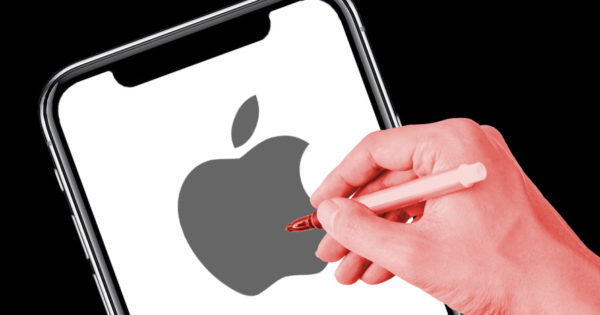
Key Insight:
Away from its product launches this week, Apple has been flexing its muscles when it comes to the media industry. In recent weeks, the $1 trillion tech firm has clashed with publishers over in-app payments and with tech companies over ad targeting permissions.
Aside from its high-profile struggle with Fornite publisher Epic Games, Apple’s cryptic communications to iOS developers—who rely on ads to the tune of $45 billion per year—led some to fear the iOS app ecosystem’s equivalent of Google killing the cookie: the end of IDFA.
Apple flexes its muscles
In June at its Worldwide Developer Conference, Apple didn’t disappoint when it announced new consent requirements before app developers can pass crucial user data to third parties. This means iPhone users must opt-in to allow the sharing of their mobile identifiers with monetization partners such as measurement providers or ad networks.
Speaking at the time, sources told Adweek that Apple’s iOS 14, the rollout of which will happen on Sept. 16, could be more impactful than CCPA or GDPR.
The snap policy announcement—the industry had just three months to prepare for iOS 14 compared with the two-year timeline Google gave for its cookie ban—put many noses out of joint. So much so that the IAB Tech Lab and IAB Europe penned an open letter to Apple CEO Tim Cook urging him to adopt consent requirements interoperable with preexisting industry standards.
The extent of iOS 14’s impact on the industry became apparent when Facebook announced it “may not make sense” to offer its third-party ad network service on iPhones. Under pressure from both regulators and publishers, Apple later gave the developer community a reprieve “to give developers time to make necessary changes” until early next year.
The ad industry reaches out
This week, the ad industry penned an open letter to Apple requesting further collaboration via the Partnership for Responsible Addressable Media (PRAM), a recently launched trade org representing the 4A’s, ANA, IAB, NAI and WFA.
“We believe it is vital to avoid the emerging structural risk from a patchwork of conflicting policies around addressability being implemented by the handful of companies that control browsers and operating systems,” reads the letter.
Specifically, PRAM has invited Apple to discuss how their respective parties can address the issues below once iOS 14 is fully implemented next year, including potential changes to its existing IDFA access policy. They include:
- Will Apple abide by the same consent requirements it expects of others in its marketing activity?
- Will it allow IDFA access for non-ad-targeting services such as performance measurement?
- What tools can marketers use to aggregate common interest groups on Apple devices?
The letter goes on to assert “it is imperative that we meet soon” with Bill Tucker, PRAM’s executive director, telling Adweek its constituents want a more direct dialog to with Apple to address what they don’t understand about its IDFA policy changes.
“We’d like to use that time that we have now to begin to really get into it with them and understand all the implications of it, and have them understand what we’re about and what we’re doing and have them join us,” he said. “What we want is a full unpacking of the policy with them, and then hopefully they will work with us on a reasonable timetable that enables us to build solutions as standards for when it actually is implemented.”
https://www.adweek.com/brand-marketing/ad-industry-extends-olive-branch-to-apple/

